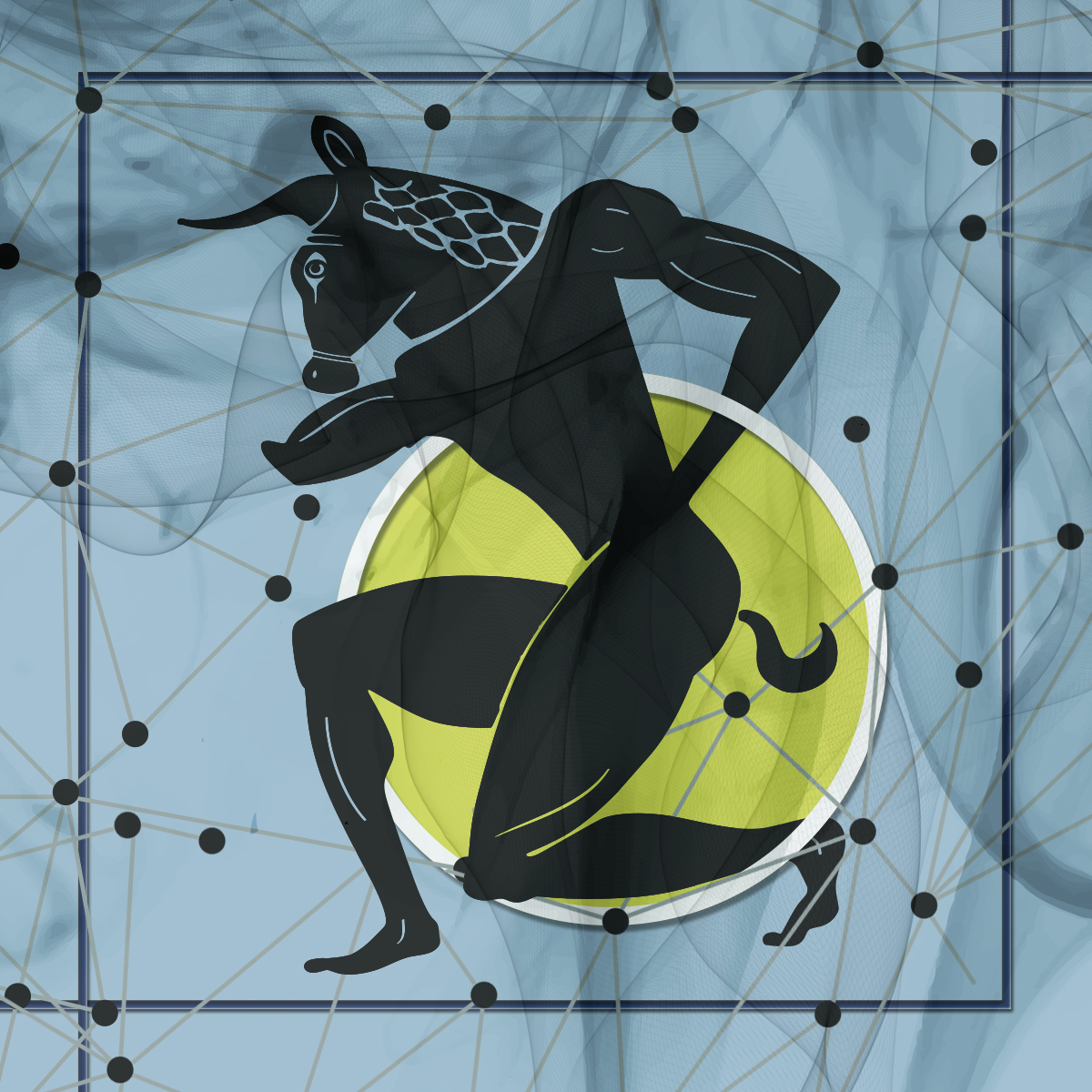I’m aware that my sense of humor is a little off-beat, but much fun can be had once the well-worn paths of Will Ferrell jokes have been exhausted. Which is why, on a recent trip to Guatemala, my friends and I began to conceptualize a new religion.
Hardy har har.
We imagined there might be a sacred bull, El Steerio Santos, who came to visit distressed people at night. The Steerio Santos would appear beside their beds, presenting them with an opportunity to drink the cream of courage by mastering the udder of malcontent.
So it is written. So shall it be known: You must master the Udder of Malcontent before you may drink the Cream of Courage.
And yes—I’m aware that “steerio” is not the proper Spanish word for “bull” (just as I’m aware that bulls do not have udders).
The final touch to our comical cult was that, in a distinctly cowish manner, the Steerio Santos would demand each person make their choice, calling out “Choose” with the intonation of an angry moo.
Choo-oose!
We milked that joke to death (ha!), but the sheer abundance of cult-related humor got me thinking: if you were going to make up a new religion, how would you make it perfectly American? What could you offer the American people that would be so promising, so hopeful, that no one in their right mind could refuse?
I let that question mull in the back of my mind for a few days, then began soliciting opinions. It would have to be:
- Something that lets you come as you are and get what you want.
- Something that requires no sacrifice, no expertise, and no commitment.
- Something based on unquestioning acceptance, which gives you complete authority to determine which things are “good” and which good things should be rewarded.
- Something you can master in six months or less, allowing you to sound instantly wise.
And then it hit me: all of these answers have one thing in common.
Me.
The perfect American religion allows me to worship myself—my whims, my ideals, my vision of the future. The perfect American religion allows me to judge evildoers and sacralize saints as I see fit—I decide who’s bad, and I decide who’s great. The former feel my wrath while the latter recline at my leisure.
In America, I get to be god.
The more I thought about these things, the more I realized our culture already practices this religion. We celebrate with the sacred scriptures of Facebook and the narcissistic anthems of Sirius XM. The Fourth of July isn’t about freedom; it’s just another day to celebrate ourselves. Like Thanksgiving. Or Sweetest Day.
Like Christmas.
To be fair, this all sounds like I’m much crankier than I really intend. I’m not waving the “we’re all doomed and God is going to judge us” flag, but I think it’s important to realize how much we are centered on ourselves.
The legend of Narcissis tells the story of a handsome young man who couldn’t find a suitable wife. No one was as beautiful as him. Until one day he knelt by a still pond to get a drink of water and, seeing his reflection, fell instantly in love. He was so caught up in his own beauty that he stared at the love of his life, himself, until he starved.
Slowly but surely, we have normalized self-love until we no longer have the capacity to recognize we’re starving for the real thing.
The church bears some responsibility for that. At Westwinds we talk about God helping you become “the best possible version of yourself.” It’s a phrase I learned from Voltaire, and it always struck me as both biblical and true. God isn’t trying to help me duplicate my father. He wants me to be the best me I can. Of course, that version of me necessitates total surrender to Jesus, and I make sure to indicate that every time I use the phrase, but I feel like people only hear the “best possible version of ME” and miss out on “in Christ Jesus.”
To balance this spiritual narcissism, scripture also talks about denying ourselves, even killing off our old nature (Galatians 5.24). Now, if you’re like me, you probably grew up hearing about all this sinful nature stuff and lived under a presumed shadow of guilt and shame where self-loathing seemed godlier than self-esteem. That overemphasis, in part, is why the “best possible version” language resonates so strongly with our culture.
But maybe we need a little of the other language back.
The road is narrow.
Pick up your cross and follow me.
Deny yourself.
I guess that’s why Christian spirituality struggles in America: we only get it half right, and since we want half off of everything, we’re left with nothing—but ourselves.
fossores
Related posts
Categories
Category Cloud
Tag Cloud
Recent Posts
- Victors and Victims November 6, 2018
- 3 Hacks for Happiness October 29, 2018
- Hope Against Death September 20, 2018
- The Shape Of The Cross September 19, 2018


